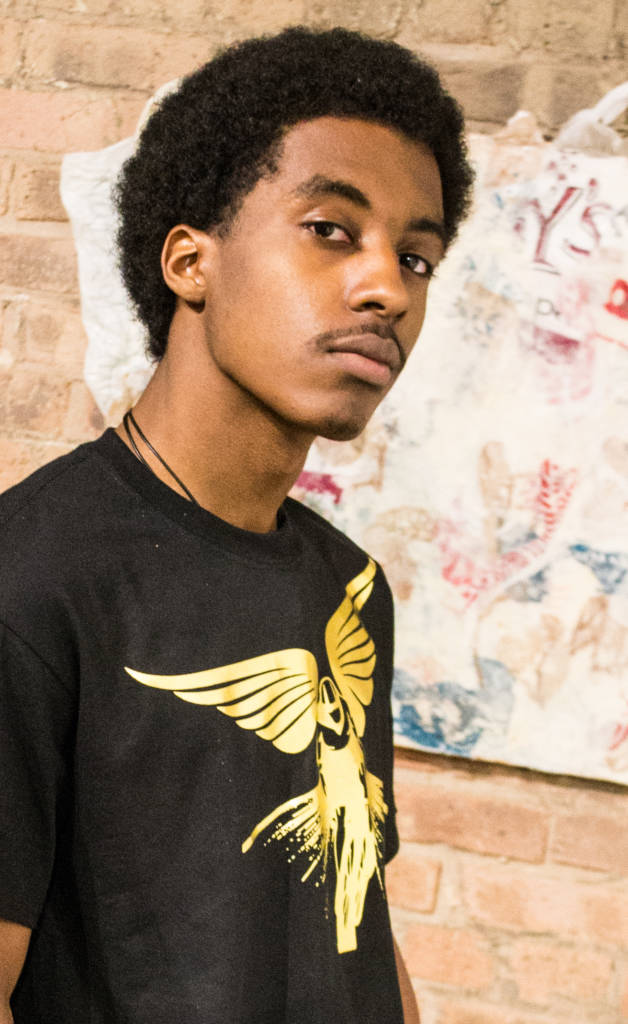 Mary J. Blige, the legendary superstar who won six Grammys, has gone through tremendous hardships throughout her life. Even though she went from rags to riches with her divine musical gift, the violence and poverty of her childhood home negatively influenced the people around her, therefore influencing her. Carrying those experiences with her throughout her life greatly factored in her once notorious temper tantrums, depression, alcohol abuse and cocaine use in her adult life.
Mary J. Blige, the legendary superstar who won six Grammys, has gone through tremendous hardships throughout her life. Even though she went from rags to riches with her divine musical gift, the violence and poverty of her childhood home negatively influenced the people around her, therefore influencing her. Carrying those experiences with her throughout her life greatly factored in her once notorious temper tantrums, depression, alcohol abuse and cocaine use in her adult life.
Time has been a healer and she's no longer in the dark place of her past. "You either learn from your experiences or go back and do the same thing, and I learned from my experiences," Blige said in an interview with New York magazine.
"When I was five years old I was molested," she says. "I remember feeling, literally, right before it happened, I just could not believe that this person was going to do this to me. That thing followed me all my life. The shame of thinking my molestation was my fault. It led me to believe I wasn't worth anything."
Blige also speaks out about her struggle with alcoholism. "It was bigger than me, and it was definitely going to kill me. So I was like, this is it, and let's go. I remember sitting on my bed. I swear, I don't know what death feels like, but I felt like my spirit was trying to leave my body.
The "Real Love" singer says it was actually her husband, Kendu Isaacs, who inspired her to get sober. "I stopped drinking," she says. "It was will power. It was prayer. It was really hard. But, I cared so much about him, I didn't want to be just this alcoholic burden on him. He doesn't deserve for me to be some, you know, slum-bucket alcoholic, and so I took responsibility and I cleaned up, as much as I could. But it was hard."
Since then, the couple has separated and are involved in a very public divorce. Mary said she "kept asking for respect in the relationship. Respect, respect, respect. But I wasn't getting it back, so it felt like I was beating a dead horse. That's when I have to move on to save myself."
Bad childhood experiences have drastic effects on the mental health and emotional stability of an individual. It can cause them to either become hollow, depressed, spiteful, fearful, hot-tempered and/or full of unconditional hate and mistrust for their fellow man and self and make bad choices, which will lead to bad health.
Todd Bear, the lead investigator at Pittsburgh’s Graduate School of Public Health even stated “What we’re finding is the causes of cardiovascular disease and serious mental illness are not only the things that we know like smoking and traumatic events but the risks start in early childhood during sensitive periods of development and they play themselves out over the life course or life span”.
MUST READ: Fred Hammond Gets Transparent About Life After Knee Surgery
Now, all children are different and need to be raised differently in order for them to have a truly amazing, uplifting and inspiring time before they leave the nest. Here are a three key lessons parents shared that they learned raising an emotionally healthy child:
1. Always be supportive.
Everyone have dreams and aspirations that they want to achieve! The worst thing to do to a child is make him/her feel like their dreams cannot be achieved when the truth of the matter is that anything is possible. Whatever they’re interested in, let them explore it! It may turn out being their dream career or it may not. The experience is great for them.
2. Display Guidance (not just authority).
All children are very curious, naïve, and can make rash decisions, which leads them to peril without the proper knowledge and wisdom. As the guardian of your child, you will need to have them respect your word, for what you tell them is only from your experience and for their benefit. If they don’t take what you say serious enough, they will simply disobey you and do what they want.
3. Pass the torch.
Now that your authority is present and your guidance has been felt, you can pass on your knowledge to your child and he/she will listen. Remember to promote wisdom as well. Children develop their own thought processes when you help them learn and develop from their experiences. Even as a child, they should still be treated like young adults to a certain degree.
 Kali Johnson is a digital artist, blogger, teacher, videographer and photographer who has a passion for sharing sacred knowledge and valuable resources for those who may not have had the opportunity to receive them. He is also the Chief Content Manager of the Cycle of Peace; the non-profit organization that is combating the violence in Chicago. Check out his portfolio at: https://kaliworks.wordpress.com
Kali Johnson is a digital artist, blogger, teacher, videographer and photographer who has a passion for sharing sacred knowledge and valuable resources for those who may not have had the opportunity to receive them. He is also the Chief Content Manager of the Cycle of Peace; the non-profit organization that is combating the violence in Chicago. Check out his portfolio at: https://kaliworks.wordpress.com








